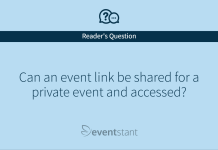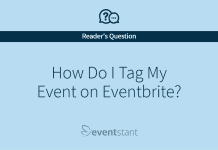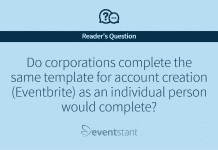RFP (Request for Proposal) is a document that outlines the requirements and expectations for an event and is sent to potential vendors for them to submit their proposals.
If you're starting your journey as an event planner, you've probably encountered the acronym “RFP” or “Request for Proposal” in your research or conversations within the industry. Understanding what an RFP is and how it works is essential for successful event planning. In this article, we'll break down the concept of RFP and explain its significance in your role as an event planner.
What is an RFP (Request for Proposal)?
An RFP, or Request for Proposal, is a crucial document used in the event planning industry to initiate a formal process of inviting vendors or service providers to submit proposals for your event. Think of it as your way of communicating your event's needs and requirements to potential partners and vendors.
Why is an RFP important for event planners?
- Clarity and Consistency: By creating an RFP, you outline your event's specifics, including dates, venue, budget, and expectations. This clarity ensures that all potential vendors receive the same information, making it easier for you to compare their proposals later.
- Vendor Selection: An RFP allows you to assess multiple vendors' offerings side by side, helping you make an informed decision based on factors like cost, services, and experience.
- Customization: You can tailor the RFP to your event's unique needs. Whether you're planning a corporate conference, a wedding, or a charity gala, the RFP can be adjusted to suit your event type.
Components of an RFP
A typical RFP contains several key components:
- Event Overview: Briefly introduce your event's purpose and significance. Include the event date, location, and expected number of attendees.
- Scope of Work: Detail the specific services or products you require. This could range from catering and audio-visual equipment to decor and entertainment.
- Budget: Indicate your budget range or limitations. This helps vendors determine if they can meet your financial expectations.
- Timeline: Outline important dates and deadlines, such as the proposal submission deadline, vendor selection date, and event date.
- Evaluation Criteria: Clearly state the criteria you'll use to evaluate proposals, such as cost, experience, references, and creativity.
- Contact Information: Provide your contact information so potential vendors can reach out with any questions or clarifications.
Creating an Effective RFP
To craft an effective RFP as a beginner event planner, keep the following tips in mind:
- Be Detailed: The more specific and detailed your RFP, the easier it will be for vendors to understand your needs.
- Research Vendors: Research potential vendors before sending out the RFP to ensure they fit your event well.
- Ask for References: Request references from vendors and check them to ensure they have a good track record.
- Set Realistic Deadlines: Give vendors sufficient time to prepare and submit their proposals.
- Stay Organized: Keep all RFP responses organized for easy comparison and evaluation.
In conclusion, an RFP (Request for Proposal) is a vital tool for beginner event planners. It streamlines the vendor selection process, ensures clarity in communication, and ultimately contributes to the success of your event. As you gain experience, you'll become more adept at creating and using RFPs to your advantage in the event planning industry.









![How Important Are Face to Face Meetings [INFOGRAPHIC]](https://eventstant.com/wp-content/uploads/faceToface_v11-sm-218x150.jpg)







